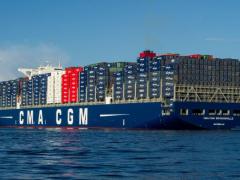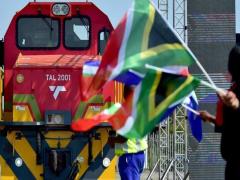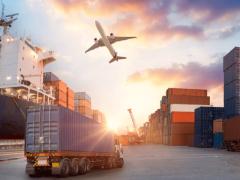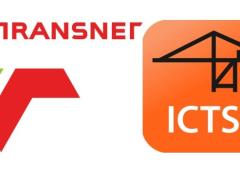Illicit trade continues to threaten the legal sale of cigarettes, alcohol, pharmaceuticals, fashion and other consumer goods, collectively making up the fifth biggest sector in the global economy.
One of the countries where illicit trade is especially pronounced is South Africa, whose fiscus has been severely weakened by years of government-sanctioned theft during the Zuma years of state capture.
Erosion of the country’s fiscus now continues due to lost tax earnings from contraband.
According to Pamela Nkuna, corporate affairs director for Pernod Ricard in sub-Saharan Africa, the alcohol industry is severely impacted by illicit trade.
Nkuna, who also serves on the South African Liquor Brand owners Association, said non-taxation of illegal alcohol amounts to R11.3 billion annually – “and these are reported cases”.
Speaking at the release of South Africa’s Fight Against Illicit Trade: A Strategic Review 2025, Nkuna said: “Covid put us all in a bad situation where it gave a lucrative opportunity to illicit and counterfeit traders to operate.”
More worrying, illicit trade “has escalated since then”.
Esteban Giudici, director of programs at the Transnational Alliance to Combat Illicit trade (Tracit), who collaborated with Business Unity South Africa (Busa) in compiling the report, found 22% of all alcohol sales in South Africa are illegal.
According to Tracit, one of the reasons is the increased cost of legitimate, regulated alcohol, which generally costs 40% more than moonshine.
The increased cost of legal tobacco has an even worse effect, handing 60% of sales in South Africa to illicit trade and representing an R18 billion tax loss in 2022.
To put a finer spin on it, whereas an illegal pack will cost R5-R10, the comparable legitimate over-the-counter price is R36 and above.
Counterfeit goods are a less severe issue, accounting for 10% of the economy.
The pharmaceutical market faces high risks of counterfeit and substandard products, especially medicines like Ozempic, which is used to treat diabetes but also abused for rapid weight loss, Tracit added.
At the report’s launch, Busa CEO Khulekani Mathe said: “Illicit trade is a threat that affects various sectors of the economy, especially in an economy such as ours suffering from high unemployment and other pressures.”
He said it increases the propensity for organised crime.
“The impact on business is also varied. It erodes public trust and it also erodes institutional capacity, creates unfair competition and causes safety issues for consumers because products and food are produced in ways that cannot be traced or guaranteed.”
The loss of tax revenue prevents government from raising the funds needed to fulfil its functions, impacting society as a whole, Mathe said.













